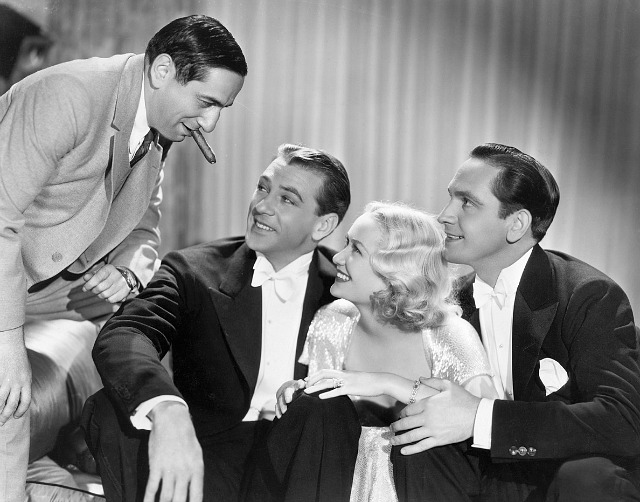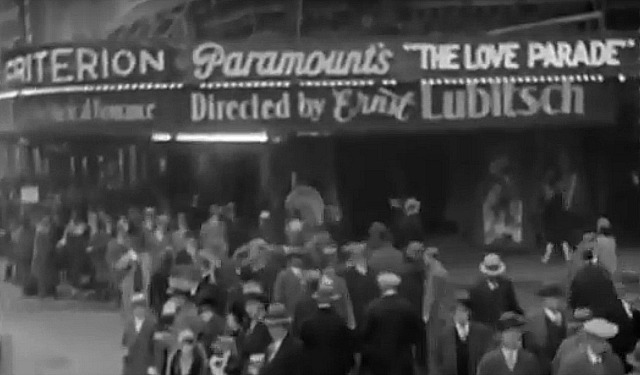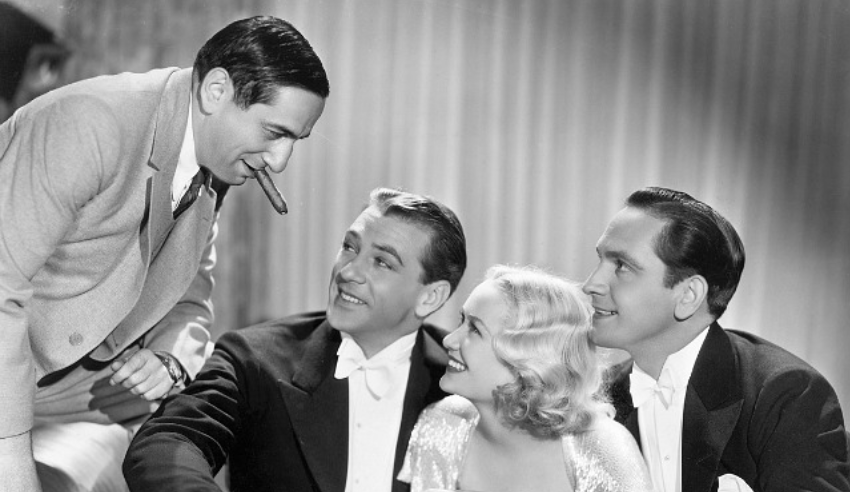From Philip Lopate’s N.Y. Review of Books essay on Joseph McBride‘s “How Did Lubitsch Do It?” (Columbia University Press, 561 pp., $40.00): “McBride has set out to write not a biography (no need for that, since Scott Eyman’s ‘Laughter in Paradise’ is so satisfying) but an in-depth ‘essayistic investigation’ of the entire oeuvre. What has been lacking until this critical study has been a sustained, systematic, fully integrated overview of both Lubitsch’s German and American work. Without seeing his career as a single, unified whole, it cannot be fully understood or appreciated.”
Excerpt from “The Masters’ Master: Ernst Lubitsch and The Marriage Circle,” a McBride essay posted on brightlights.com, itself excerpted from “How Did Lubitsch Do It?”: “The name Ernst Lubitsch stood for the epitome of sophisticated humor and romance in what we now regard as the Golden Age of Hollywood. As fellow producer/director Mervyn LeRoy said when presenting him with an honorary Oscar on March 13, 1947, seven months before Lubitsch’s death, ‘He had an adult mind and a hatred of saying things the obvious way. Because of these qualities and a God-given genius, he advanced the technique of screen comedy as no one else has ever done.”

“[The German-born helmer’s] approach to style and theme was widely celebrated as ‘the Lubitsch Touch,’ a virtually indefinable yet almost tangible concept embodying an ever-fresh, delightful, tantalizing, slyly witty blend of style and substance. It combines a characteristic joie de vivre in the actors with an elegant visual design that conveys its meanings largely through sophisticated innuendo.
“But the phrase was something of a marketing cliché, like calling Hitchcock ‘the Master of Suspense,’ and Lubitsch himself was apt to joke about it. When people would ask him what it meant, he would say with a grin, ‘I would like to know myself…you find out and tell me, maybe?’ And he said, ‘I cannot give you a definitive answer because, fortunately, I’m not conscious of it. If I ever become conscious of it — Heaven prevent — I might lose it.’”


